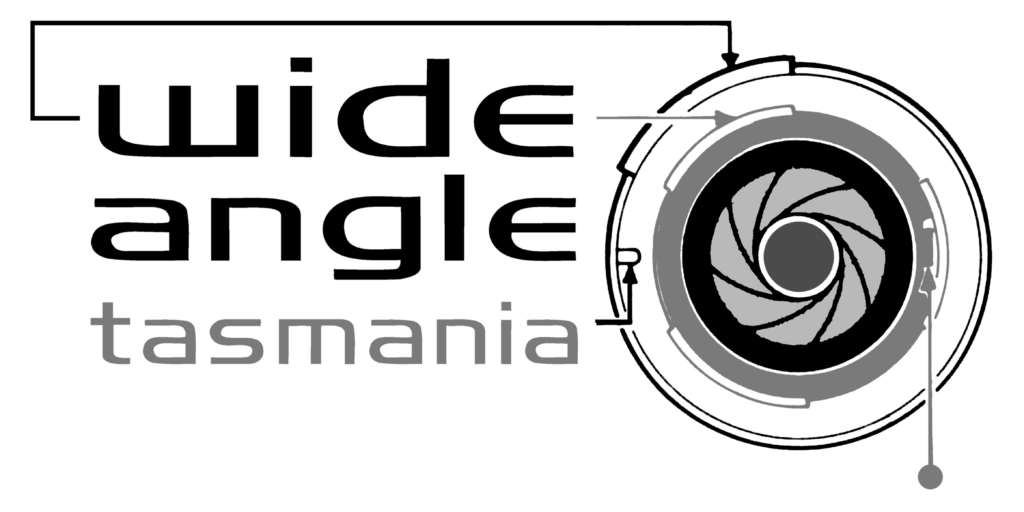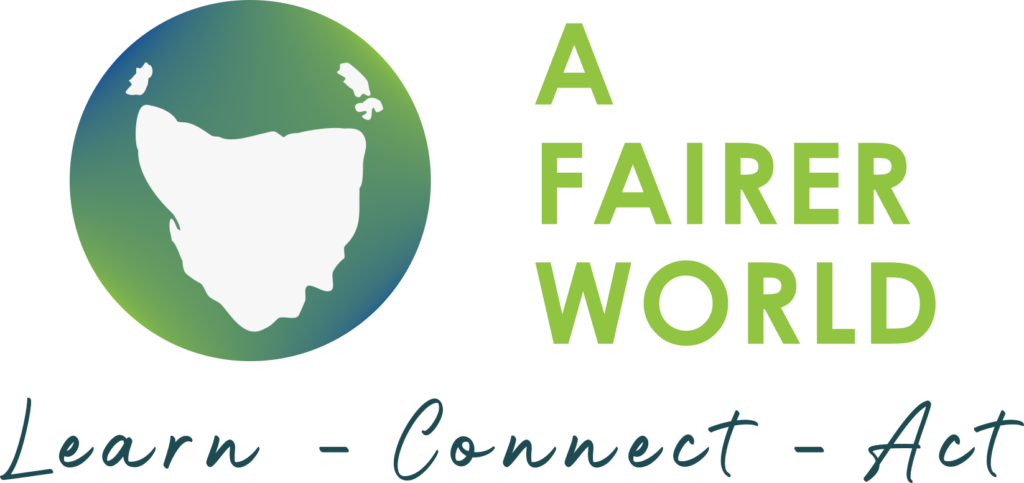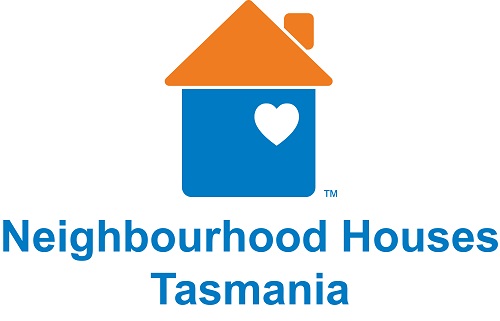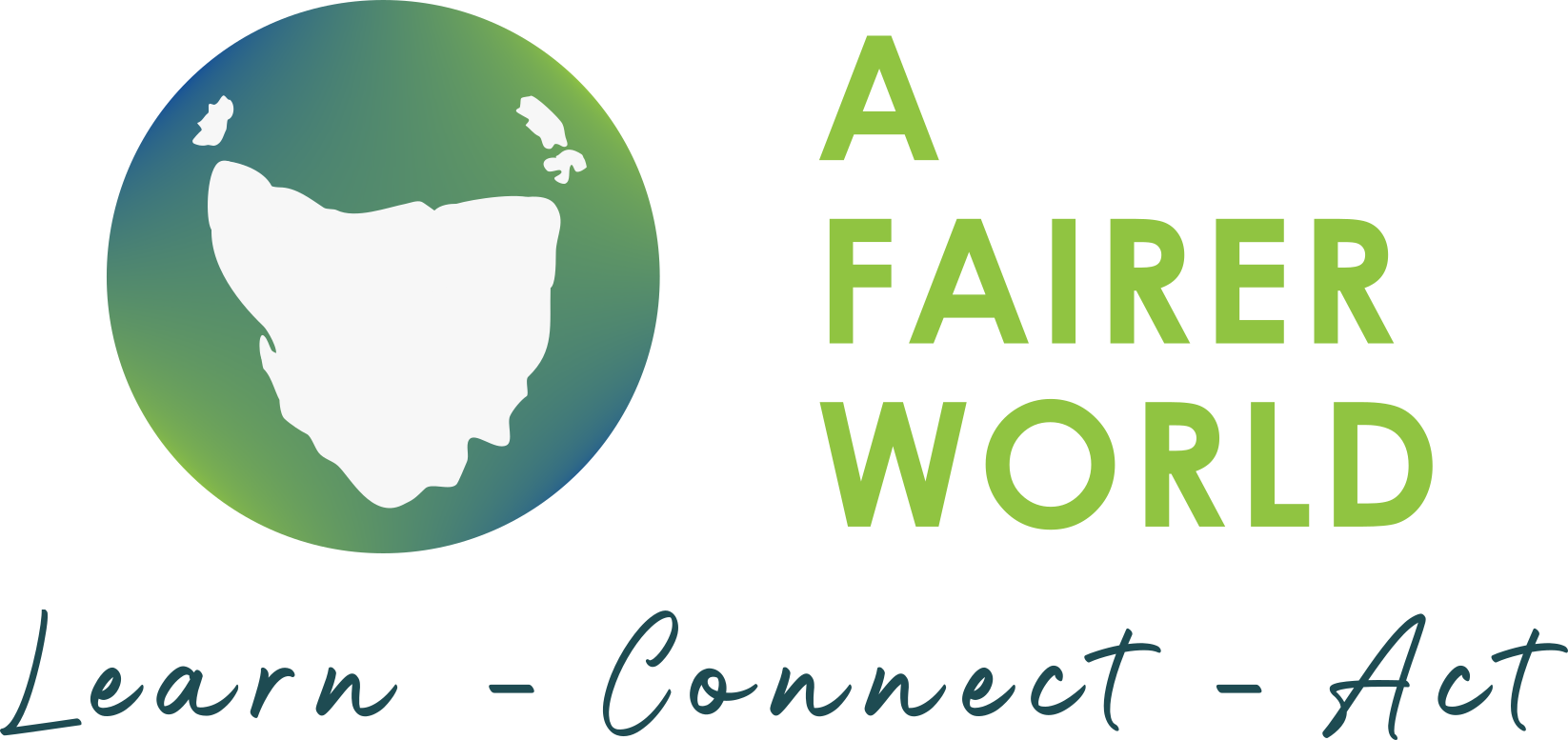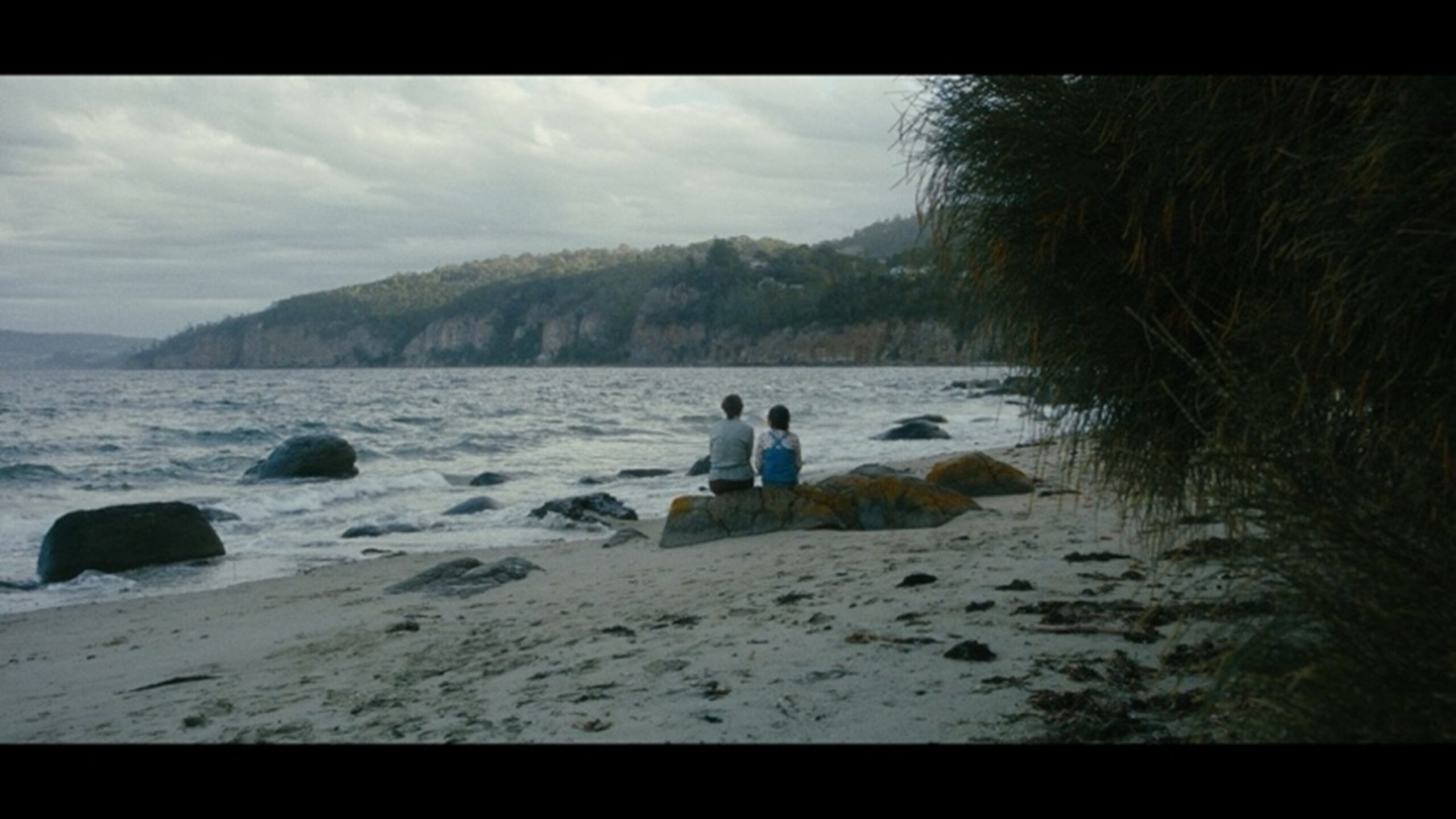ALONE TOGETHER – Comic Documentary 15:34 min’s
Director/Producer: DYLAN HESP and Producer: Michael O’Neill
Synopsis
Follow Dylan Hesp, a self-proclaimed big deal television actor with plenty of friends, on a comedic quest to understand loneliness. In this insightful and hilariously awkward documentary, Dylan goes on friend dates with strangers, gets offended by expert opinions, and even tries cuddle therapy to understand the true impact of social isolation.
Cautions
Be aware that some people in the discussion group might be experiencing loneliness.
Themes
- Loneliness
- Social/ emotional intelligence
- Societal change/ social health
- Comedic techniques used to lighten a serious topic
Discussion questions
- How do you prevent loneliness in your life?
- What are effective ways to prevent loneliness (e.g. volunteering, pets, friends, community activities etc.)
- How can communities promote inclusion in their communities?
- What strategies are effective to prevent or minimize loneliness?
Ideas to explore
- The prevalence of loneliness in our communities and what might be causing it.
- How media and social influencers present or reflect on this topic with relation to health, safety and well-being.
Discussion Questions
- What is loneliness? What does it feel like?
- What causes loneliness?
- What are good ways to prevent feeling lonely, as a young person, as you age etc.
- Are people lonelier now than in the past? Why do you think so?
- If someone says, ‘I am lonely’, what are our reactions? Do we lessen that person’s loneliness, or does it drive us away? What stops us from reaching out to others? Is there a place for vulnerability amongst our peers?
- What actions can we take to be less lonely, and to make others in our community less lonely while still retaining our boundaries?
- WHAT activities can we initiate or participate in to reduce loneliness?
- HOW can we help others feel less lonely?
- WHEN do we feel most lonely?
- WHERE can we go to feel less lonely?
- WHY is it important to address loneliness in our community?
- WHAT does connection sound like? (What sort of things do good ‘connectors’ say?)
Pre or post-viewing activities
Conduct a getting to know someone else exercise (such as meet the person to your left and tell the group about them).
Note that there is a deliberately ‘ageist’ joke in the film. Can you identify it, (hint: in the bathtub!) and do you think there is a difference in how people regard loneliness in different age groups?
